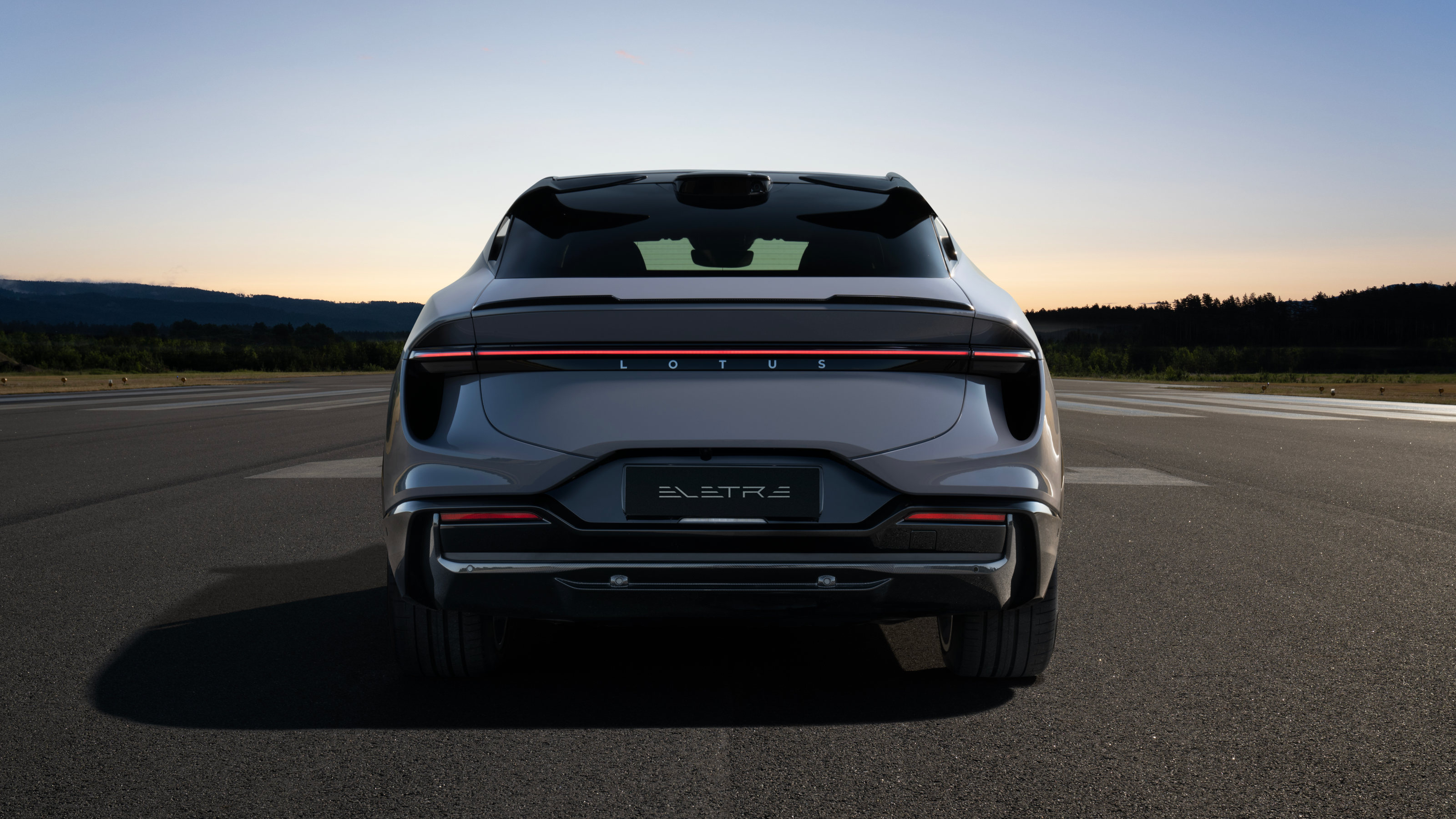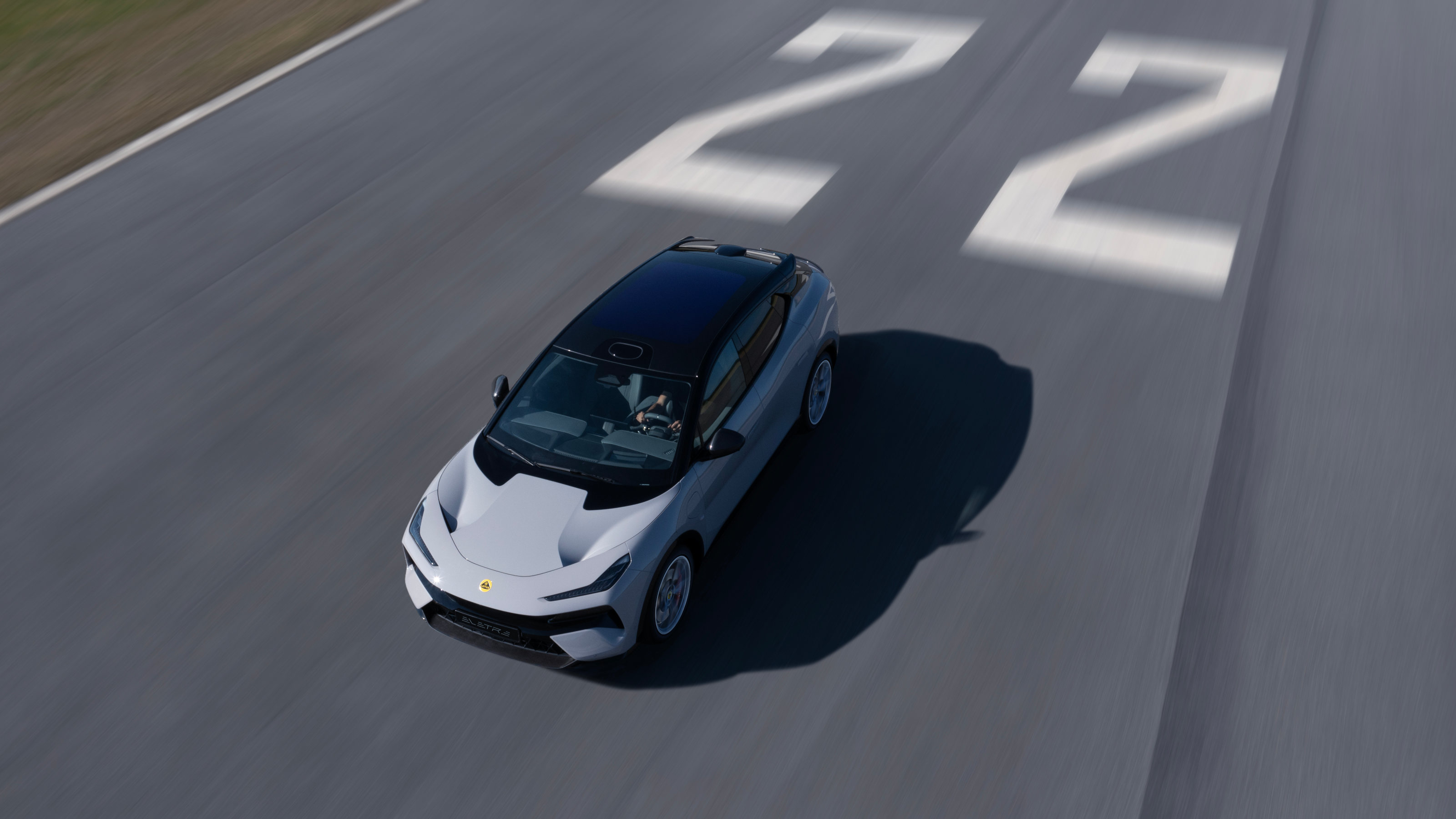
What’s it like to live with Lotus’s hyper-SUV, the Eletre R? We spent a fortnight behind the wheel of this monumental electric performance car to explore the current state of the art. When the Lotus Eletre was first revealed, it marked a massive deviation from the established Lotus template; big, heavy, four doors, five seats and pure electric power. The first step in a radical overhaul of the British brand, thanks to new ownership and investment from Hangzhou-based Geely Auto Group, the Lotus Eletre has now been joined by the superb Lotus Emeya sporting saloon.
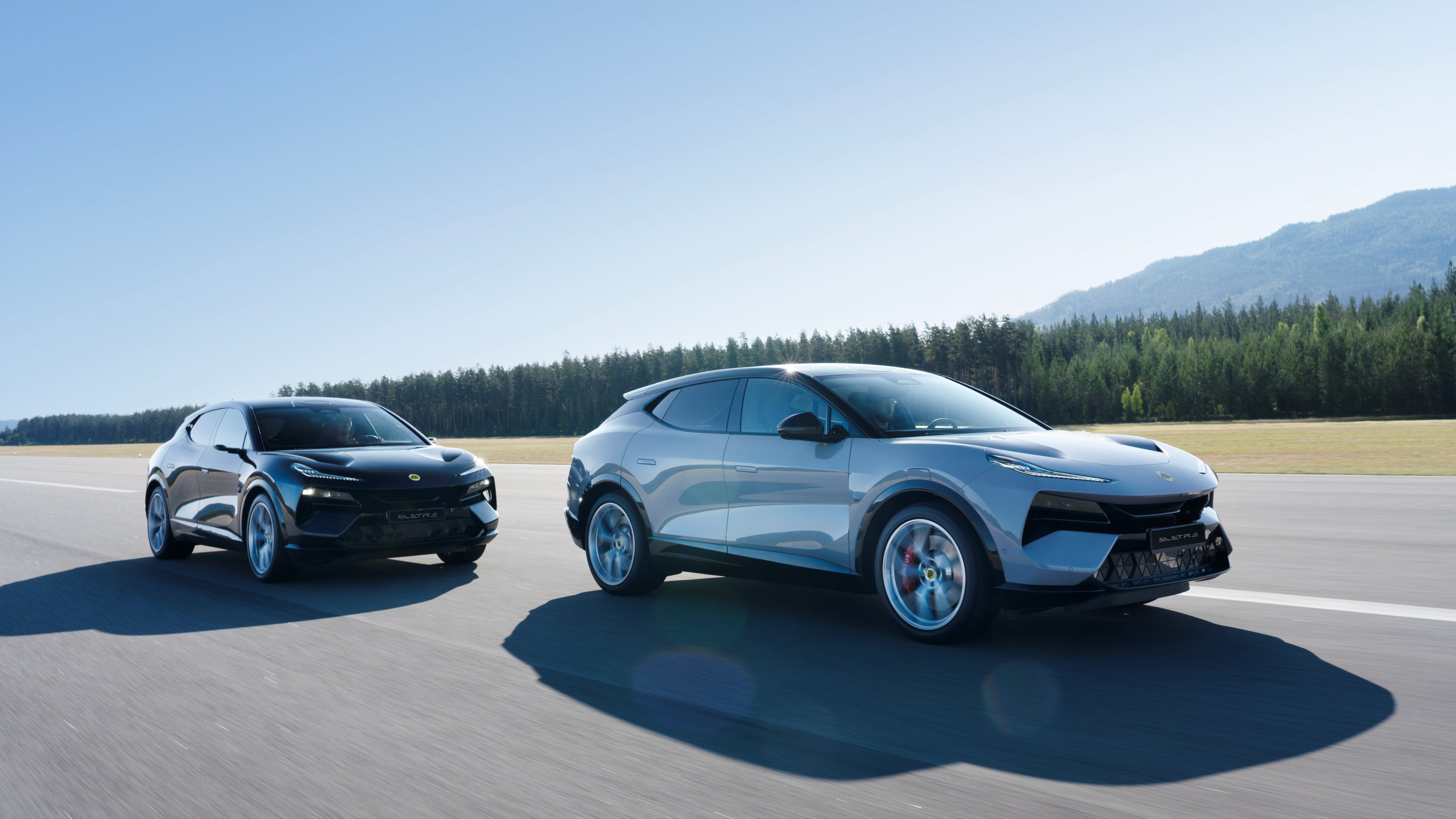
We first experienced the Eletre in the winding, beautiful and low-speed-limit roads of Norway. Our time with the flagship ‘R’ model was limited to a couple of runs up and down a disused runway, where the car’s impressive sub three-second 0-62 mph sprint could be demonstrated, if not the 165mph top speed. That's all down to the 905hp (675kW) power output of the Eletre R, over double what you'll find in the base model.
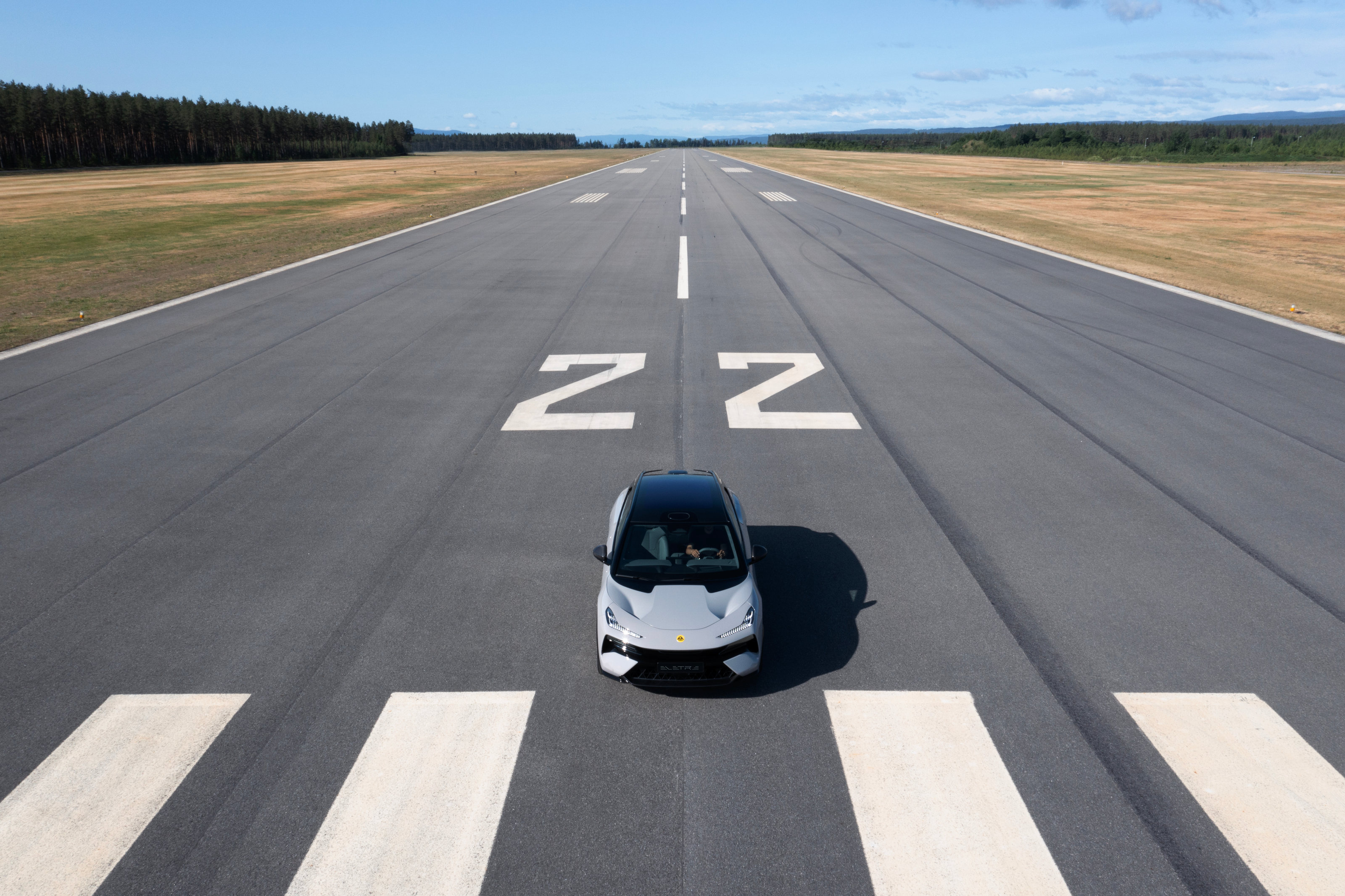
In the real world of threading through heavy traffic, searching out suitable parking spaces and dealing with everyday issues like charging, is this massive performance bump worth the additional cost and – most crucially – the hefty hit that it places on the Eletre’s range. In stock form, the Eletre theoretically maxes out at 373 miles, although of course your own personal mileage may vary.
We’d suggest knocking around 10-15 per cent off any manufacturer-quoted range to get a more accurate picture of what you can achieve, then take off another 20 per cent to compensate for any lingering range anxiety (no one enjoys the experience of driving an EV when the range has dropped to less than 40 miles).
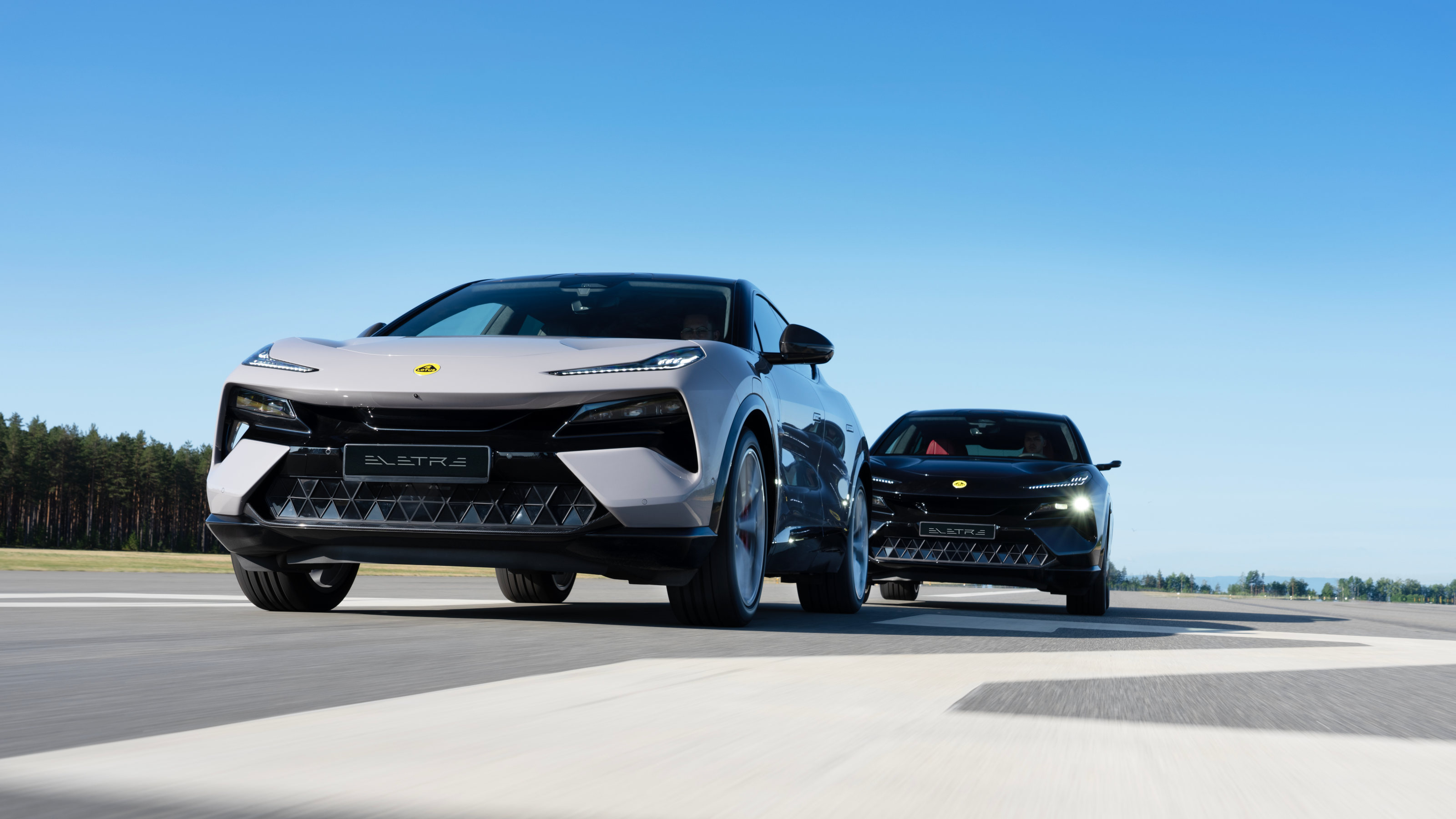
This still makes the standard Eletre a guaranteed 250-plus mile car, which is pretty good by contemporary standards. It also means the Eletre R, with a quoted 280-mile range, will get you 200 miles on a good day, and considerably less if you’ve taken advantage of the performance.
In this respect, the Eletre vs Eletre R is emblematic of the issues surrounding performance EVs. Yes, the performance is world-class, comfortably exceeding anything the ICE era was able to offer. These dashing sprint times and sparking overtaking acceleration are all the more impressive when combined with spacious, luxuriously appointed surroundings. The ‘but’ is considerable, because the Eletre’s bulk is a direct result of the need to haul the amount of batteries required for the necessary balance of performance and range.
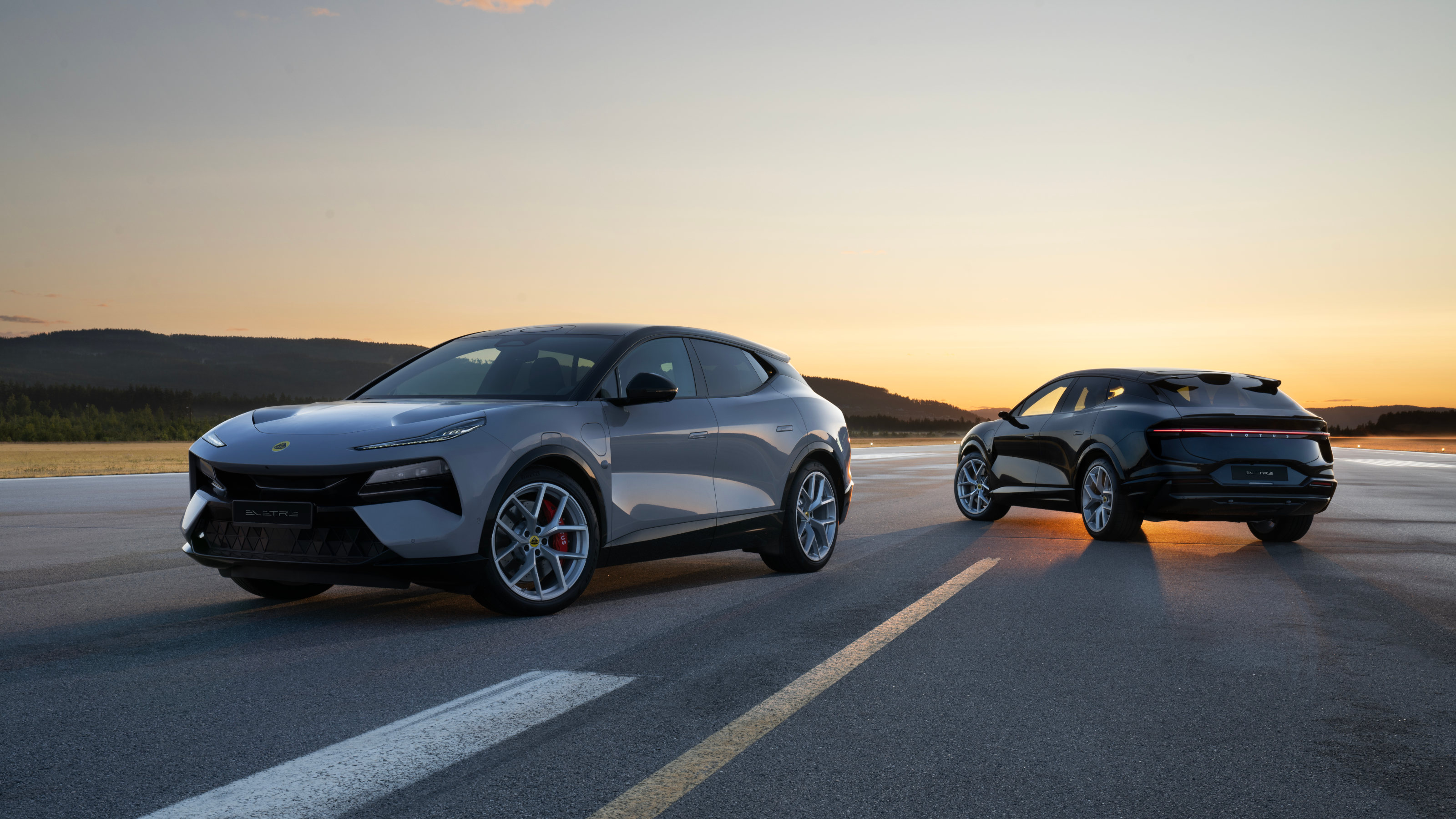
On the plus side, its means Lotus has designed not just its biggest-ever car, but also its most comfortable and practical, by a very long chalk. The Eletre’s interior, with its minimal but never confusing interface, its engaging materials and surfaces that convey luxury but not excessive bling, and its spacious feel with a glass roof and plenty of legroom, is genuinely one of the best in class. It’s so far removed from the dark and cramped cockpits of Lotuses past, it’s little wonder that former champions of the brand are confused by this Wuhan-built new arrival.
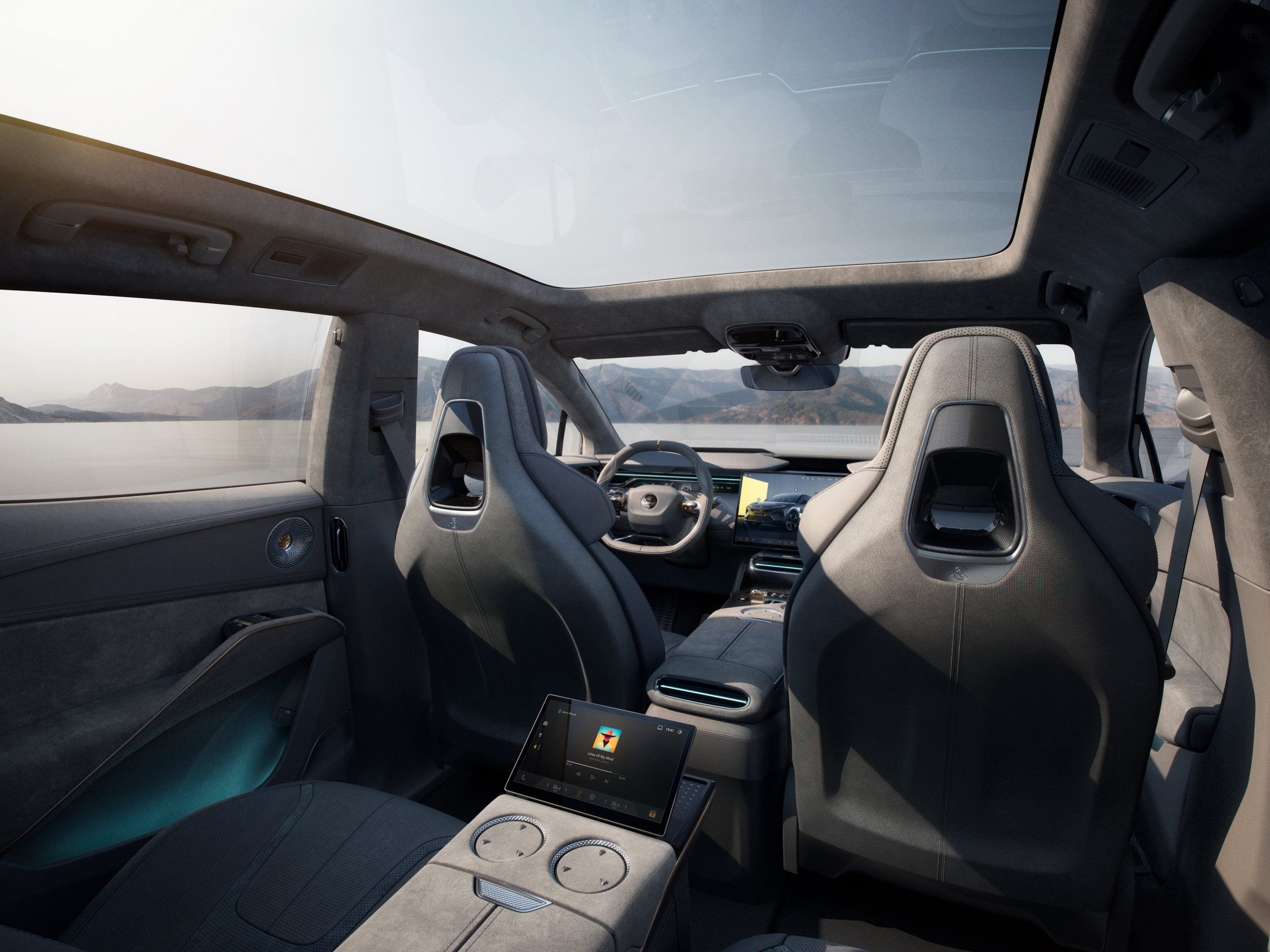
In 2020, pre-EV, pre-Geely Lotus sold under 1,400 cars. Last year, the arrival of the Eletre saw sales jump to 6,790 cars, the most it has ever delivered in a single year in three-quarters of a century. The long-term goal is sell 150,000 cars a year by decade's end, and 2024 is already on track to sell around 25,000 cars, thanks to the arrival of the Emeya and the massive uptick in new customers in markets like the US and China. We rarely delve into the figures, but it’s worth noting that this expansion is very, very expensive; the company’s net loss in 2023 was £594m.
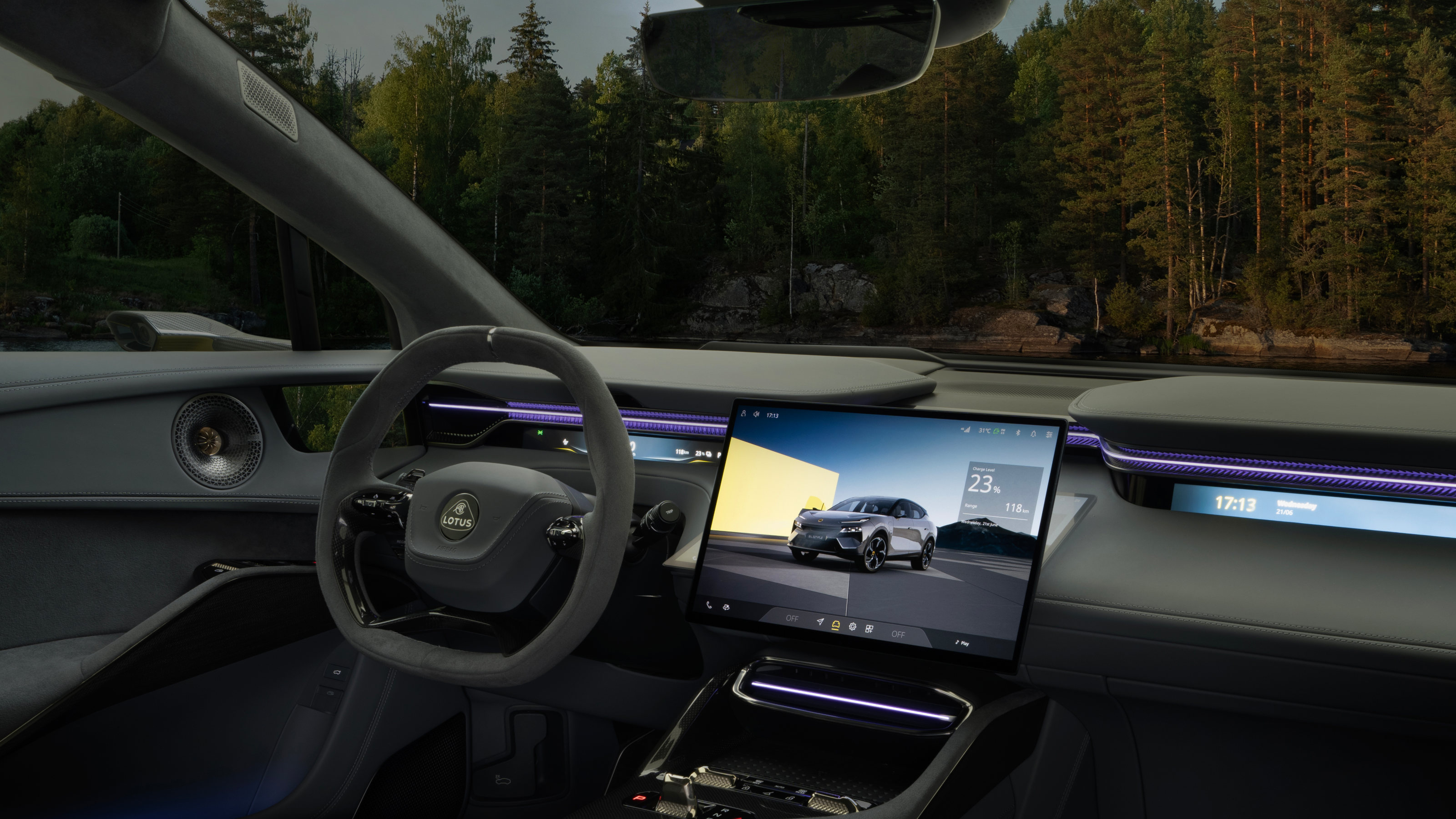
Rebuilding a brand from scratch is hard, but not as hard as creating a car brand from scratch. In Lotus, Geely has IP and brand equity in spades, even if the end results don’t share much historic DNA with the cars that made the Lotus name. But sports cars will always remain a niche interest and unless you’re Porsche (which bankrolls the 911 with a brace of SUVs in any case), selling tens of thousands of two-seaters will always be a pipe dream, let alone a profitable business plan.
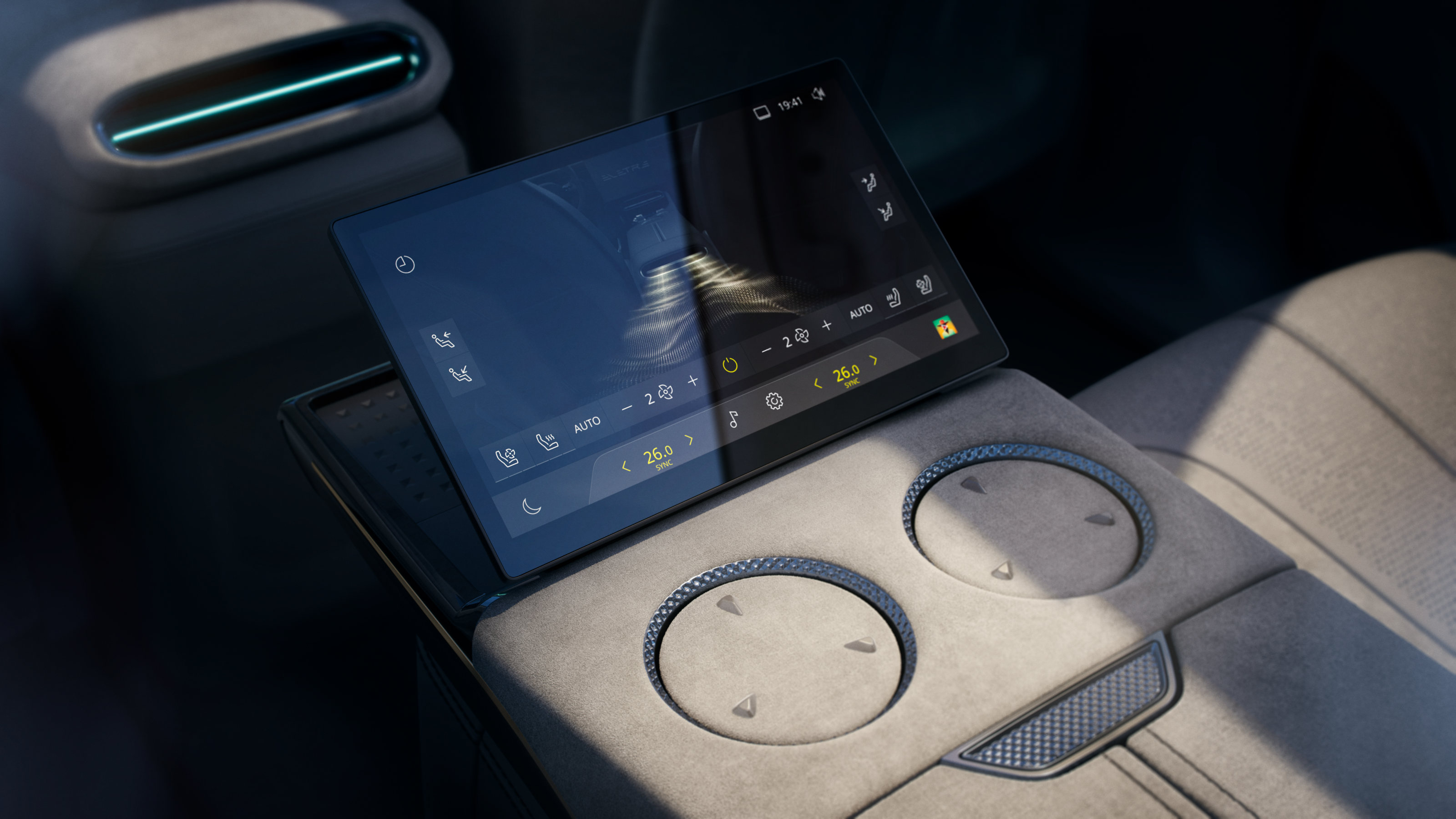
Living with the Lotus Eletre R
Back to the Eletre R. As a big, distinctive and visually very different kind of automobile, the Eletre R attracts lots of attention and delivers a great driving experience. Lotus was always renowned for its skill with car dynamics, and the high-riding Eletre rides and steers extremely well given its weight and length. Is it easy to live with? Absolutely.
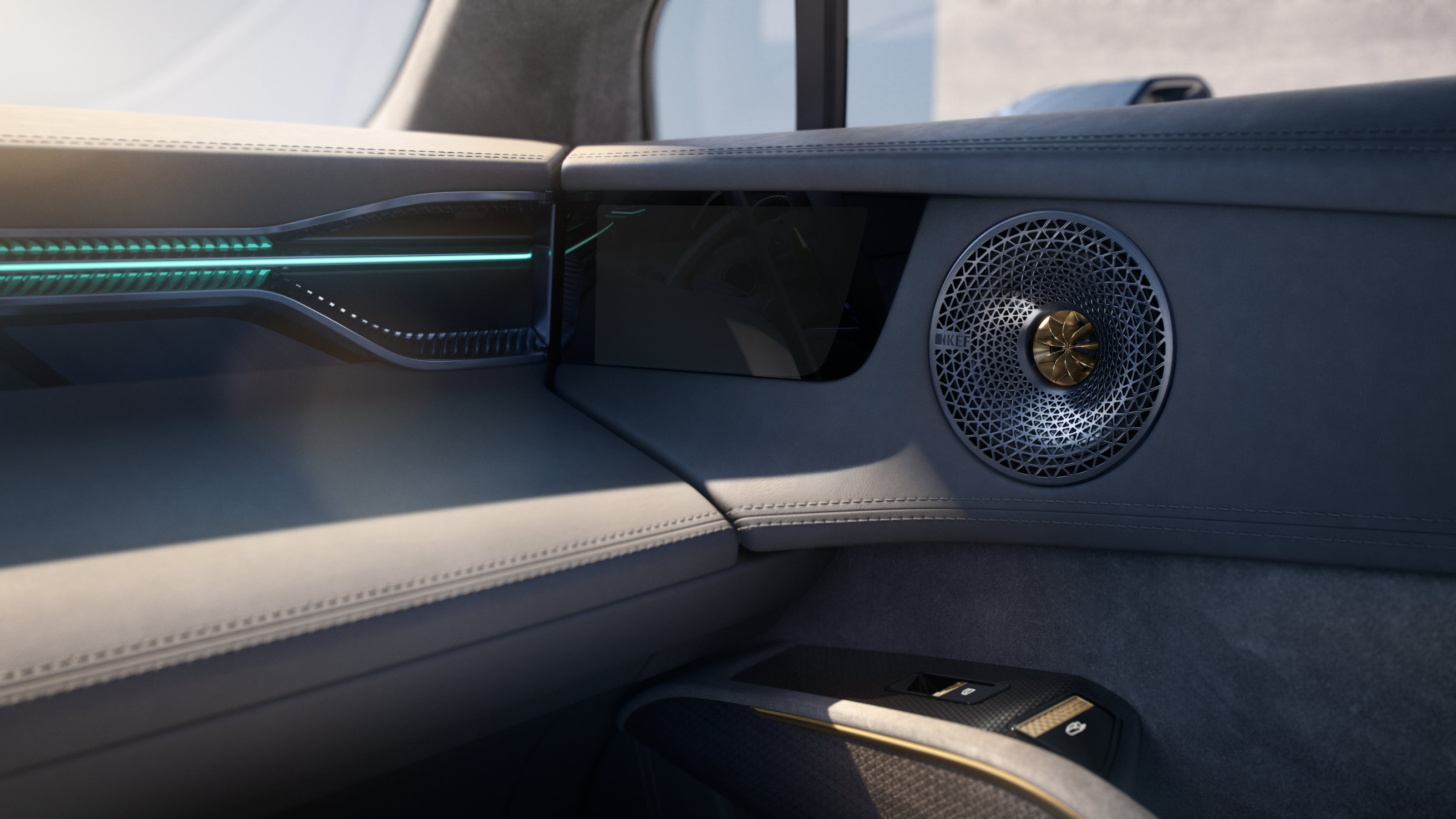
With space in both cabin and luggage compartments, good visibility, a full suite of driver assistance systems and an excellent sound system, the Lotus Eletre R was great to drive, even around the city. Downsides? That range/performance balance is always at the back of one’s mind. All things considered, the R’s price hike feels like you’re paying more to get slightly less. Another word of warning – should the pebble-like key fob run out of battery, your Eletre transforms into a large, heavy brick. Don't ask us how we know.
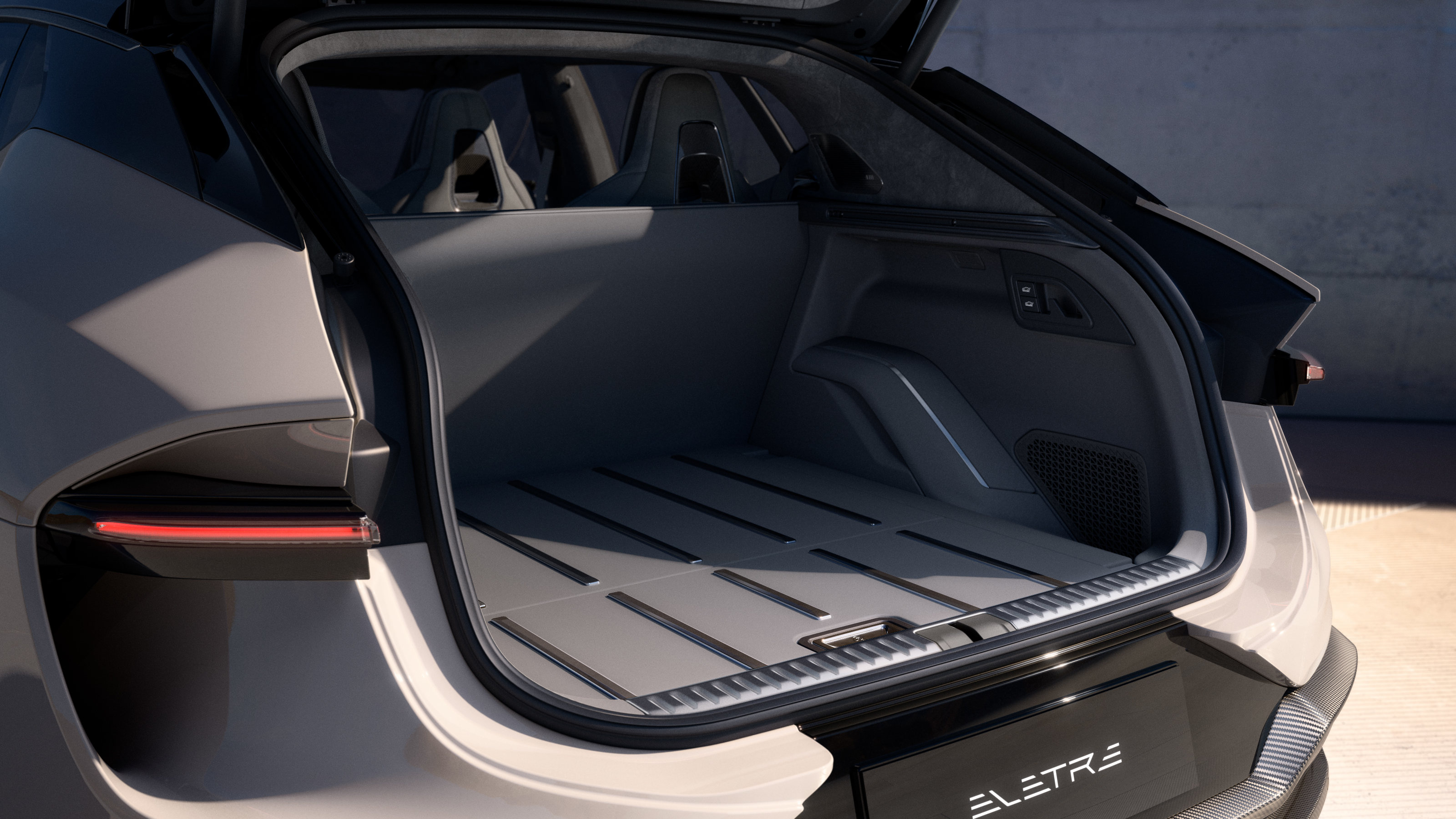
Lotus has garnered a Red Dot design award for the Eletre, deservedly so (alongside one for the Emeya). Two and a half years after the Eletre was revealed to the world, it still looks cutting edge, setting a high bar for new EV design. Although Lotus 2.0 has a long way to go before it gets a proper foothold in the shifting sands of the car market, it's hard to fault the product given the current state of EV tech.
Lotus Eletre R, from £120,000, LotusCars.com, @LotusCars
